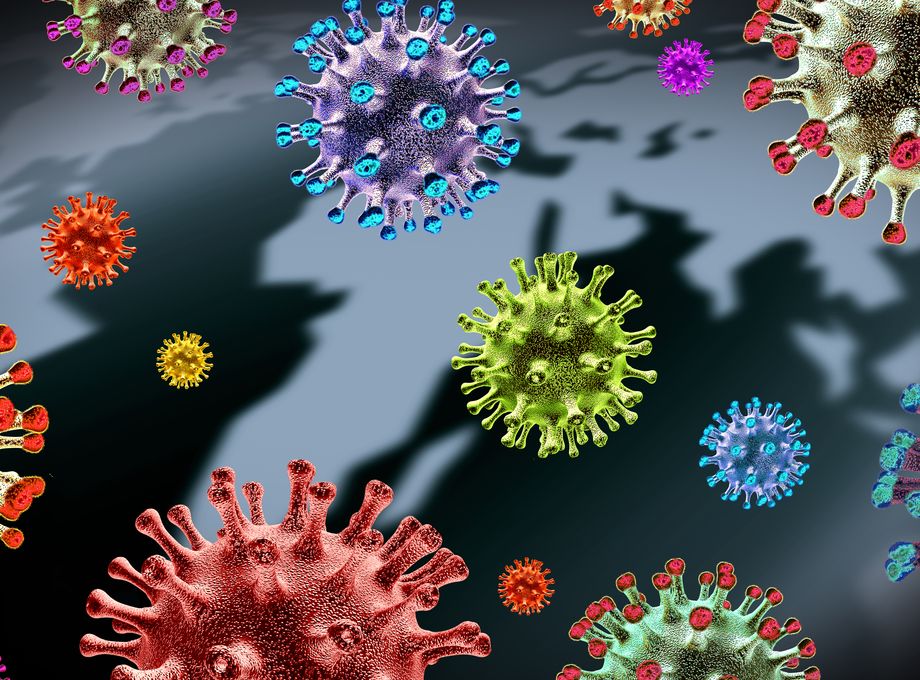A lot depends on future scenarios, and things might worse, so we must be cautious. We can’t proclaim the epidemic to be over, according to experts.

Despite the fact that certain research show India may be nearing an endemic stage of COVID-19, scientists say it is still too early to say. In terms of the pandemic’s future trajectory, experts have stated that a lot depends on future coronavirus varieties, and hence we must be ‘vigilant.’
“We should wait to declare the Covid pandemic endemic,” Rakesh Mishra, Director of the Tata Institute for Genetics and Society, told ANI.
“A lot depends on future variants & things might go downhill; we should be watchful. We can’t declare that we’re done with the epidemic.”
“Using certain criteria, you can say now there is a very low infection rate. You can call it endemic, but I think still one has to wait because you remember between the second wave and third wave, there was a situation like this.”
Dr. Mishra went on to say that if COVID-19 is designated an endemic, the following steps will be followed: “Every three months, the WHO meets to assess the current situation and whether the pandemic may be declared finished. I believe that a lot relies on future scenarios, and that there are some things about which I am confident. However, there are certain reasons to be aware that things might get more challenging at times.”
Several research are now ongoing to determine how future variations may manifest. The World Health Organization (WHO) has repeatedly said that Omicron will not be the final version of concern, and that the next form will be far more fit than anything we have seen thus far.
In terms of future variations, research have shown that they might be as dangerous as Delta while also being as transmissible as Omicron. Others have suggested that it might have evolved from animals.
Following reports that the next COVID variation might be transferred from animals, the WHO stated that precautions must be made to guarantee that coronavirus does not spread from animals to humans.
Minks and hamsters have previously been infected with the coronavirus. It has infected wild whitetail deer in North America. Researchers are now questioning if it may penetrate even more animals than previously thought and ultimately return to humans, carrying new and hazardous COVID forms with it.
WHO’s Maria Van Kerkhove issued a warning about the situation, saying, “We must all take actions to minimise the spread of SARS-CoV-2 and the danger of transmission between animals and people.”
